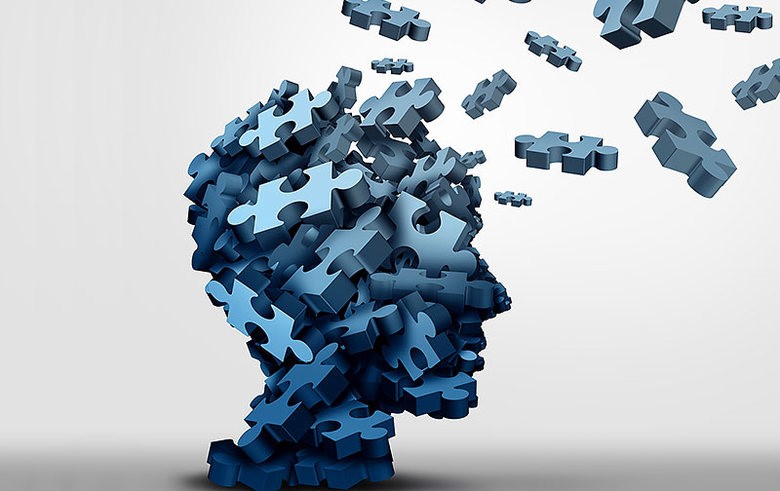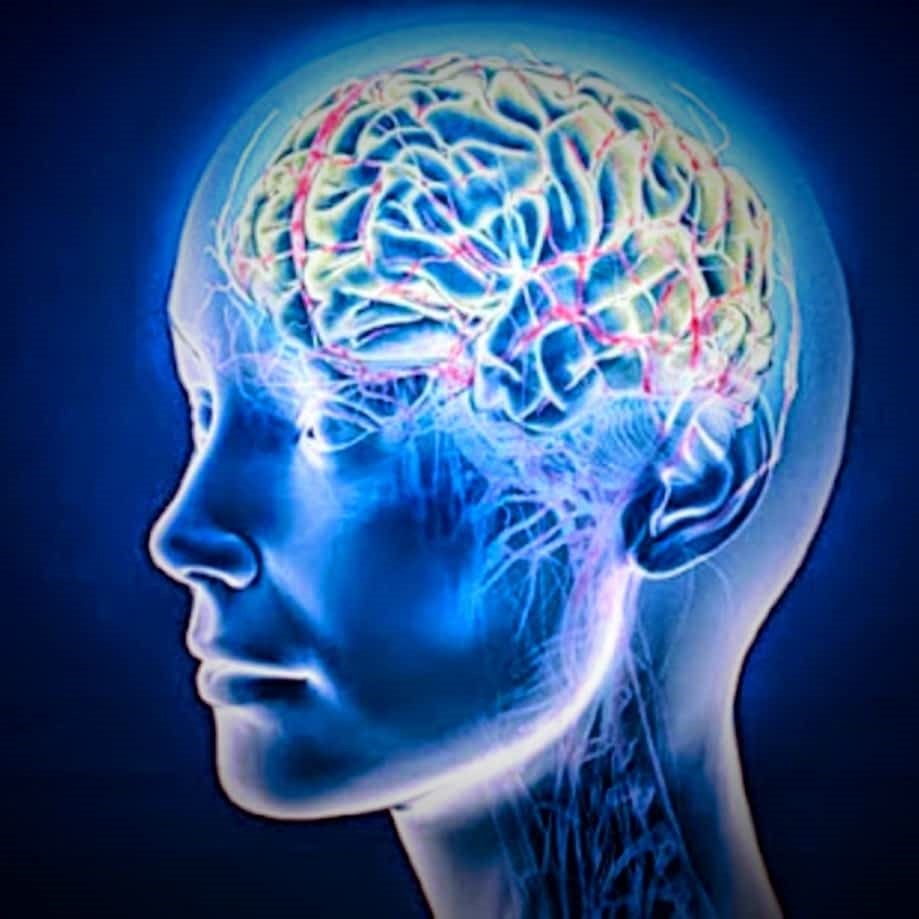Dementia is often confused with Alzheimer’s disease. However, they are different conditions. Dementia describes a set of symptoms of memory loss. This is not a disease, but a condition that affects the behaviour of people. Alzheimer’s is a disease, however, a neurodegenerative one that impacts the cells in the brain and can lead to dementia.
1. Memory loss is not the only symptom of dementia
There are several dementia types, including dementia with Lewy bodies, vascular and frontotemporal. All of them provide a range of symptoms. The behavioural impacts depend on the area of the brain that has been affected. The initial stage is difficult to diagnose, as they include things like forgetfulness, problems with concentration, mood swings and struggling to find the correct word during conversations.

2. Each type of dementia has slightly different symptoms
As mentioned earlier, Alzheimer’s is the most common type of dementia. Some of the symptoms of Alzheimer’s are forgetfulness with the names of places, difficulty with organization and social withdrawal. Those suffering with vascular dementia experience movement problems, difficulty with focusing, muscle weakness and depression.
3. Dementia does not affect every older person
Not only is it does not affect everyone in older age, but there are ways to prevent it. A healthy lifestyle and a sufficient amount of exercise can greatly contribute to people’s welfare. It is true that if you are older, you are more likely to develop dementia, but you do not have to be affected by the condition.
Genes can cause some rarer forms of dementia, however, such as Huntington’s disease. What can you do to stay fit and healthy for as long as possible? Try to get a healthy amount of physical activity, even at an older age. It’s probably a good idea to join a few aerobics class or go for a walk when the weather is warm.
4. The behaviour of common dementia
People with dementia can behave in different ways. They sometimes can put themselves in danger. This is because of their declining ability to reason. They may be physically or verbally aggressive, behaving in an inappropriate manner or repeating certain phrases and expressions. Find out about dementia care at Dementia Care Homes Taunton.
All these changes are determined by the damage caused in their brains. People with dementia may want to leave the house at night, have hallucinations or pain. It is necessary to soothe them when they become aggressive. If you manage to identify what causes certain behaviour, you can remove them so that the situation does not happen again.

5. Dementia care
Professionally trained caregivers are individuals who know how to treat people with different conditions, including dementia. There are different types of treatments available in Care homes in Somerset. For more information on Dementia Care Homes Taunton, visit a site like Notaro.
Carers offer physical and emotional support. There is also ample care available for times when family support is difficult as you cannot be around all the time. There might be other family care commitments, work responsibilities or you just want to go on holiday and this is where round-the-clock care can be life-changing.